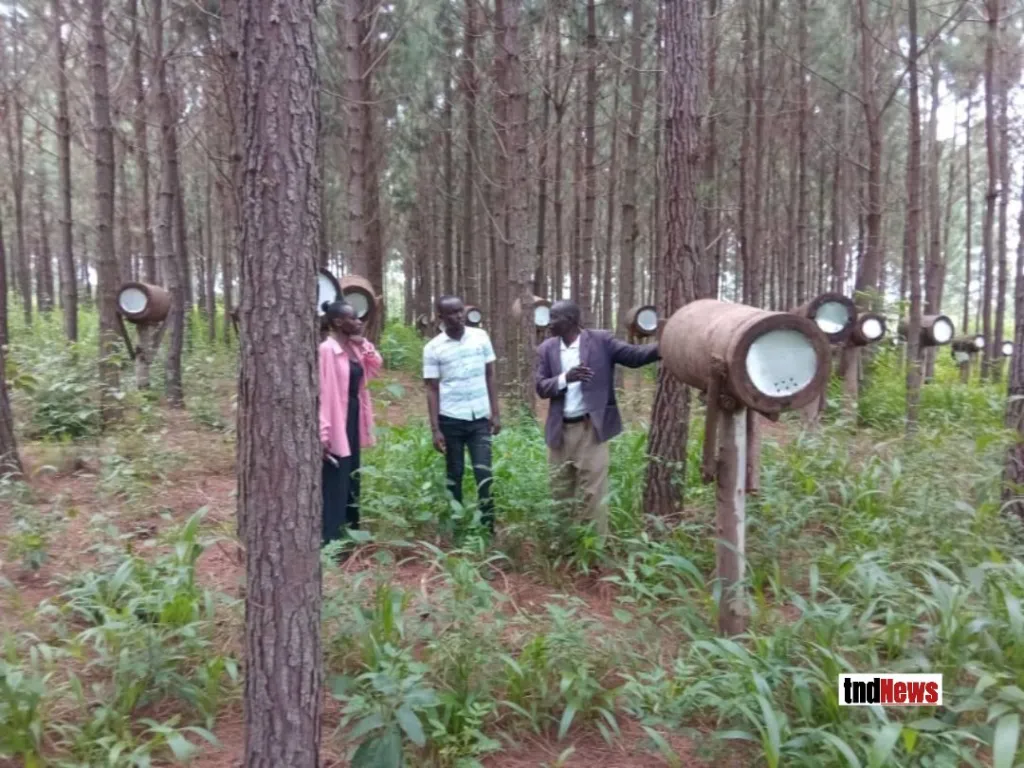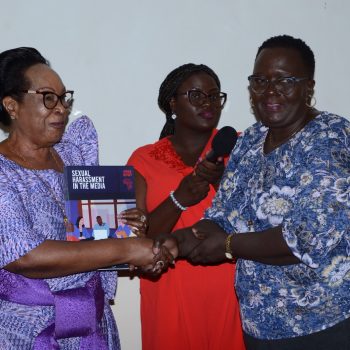In the heart of Lira district, Northern Uganda, Richard Obua, a 52-year-old resident of Bolnyapo village in Akangi parish, Ogur sub-county, is reshaping the future of rural livelihoods through a powerful mix of environmental consciousness, financial resilience, and community impact.
From sewing clothes to harvesting fish and honey, Obua’s journey illustrates how determination and innovation can transform adversity into sustainable success while offering a timely local solution to climate change and environmental degradation.
Once a practicing tailor, Obua today stands out as a champion of climate-smart enterprise. Armed with a craft certificate in tailoring, he launched an artisanal training school that empowered unemployed youth with practical skills; his first major step toward building community resilience.
Instead of expanding his tailoring business with the sh10m he raised, he invested in tree planting, signaling his deep commitment to environmental sustainability.
His transition deepened in 2019, when the COVID-19 pandemic forced him to close his tailoring shop and return to his rural roots. But rather than give up, Obua reimagined his future. He opted for smart agriculture while heeding to President Yoweri Museveni’s call to productively utilise wetlands and, in 2021 secured a permit to operate on wetlands while embracing fish farming.
With technical guidance from a sub-county fisheries officer, Obua established a 10-by-20-meter fish pond, stocked with 500 fingerlings. He invested sh1.5mn that year to launch his aquaculture venture. Though early signs were promising, seasonal floods, predators, and theft caused setbacks worth an estimated sh1.78m in 2019 and 2020.
Land disputes with neighboring communities in Alebtong district added to his challenges, but Obua remained undeterred. He further diversified into beekeeping, an environmentally friendly activity that complemented his green ambitions and helped protect surrounding ecosystems.
By 2022, his resilience began to pay off. He earned sh3.75m that year from 1,000 fish fingerlings. In 2023, his income surged to sh4.8m after selling about 1,240 fish fingerlings, and in 2024, he harvested sh4.3m due to losses he encountered due to theft at the fish pond. He has invested 1,240 fish fingerlings.
From a bee project established in 2024 containing 75 bee hives, Obua harvested 80 liters of honey (30 liters in the first production and 50 liters in the second production), selling each kilogram at sh10,000. This earned him sh800,000.
His ventures are not only elevating his household income, they are also championing sustainable environmental practices and offering a clear alternative to destructive economic activities such as sand mining, which has devastated parts of Bolnyapo village in Lira district, and several Northern Uganda’s wetlands and riverbanks.
Obua says he has deliberately refused to engage in sand mining, despite the growing profitability and demand. He considers it a short-term gain with long-term environmental costs, such as wetland degradation, water pollution, and the loss of biodiversity.
“I tell fellow community members: don’t destroy what gives you life. There are better options that can feed your families and protect our environment,” he says.
Read the full article here.



